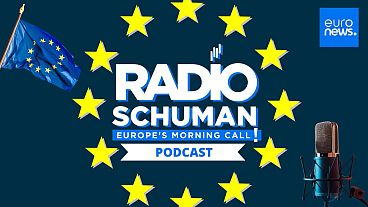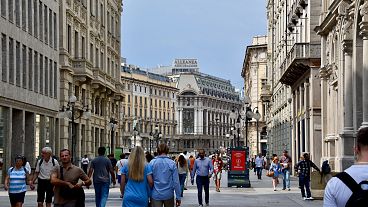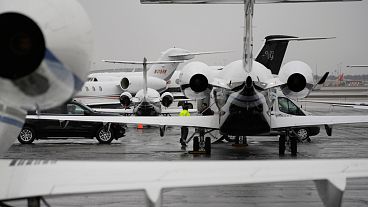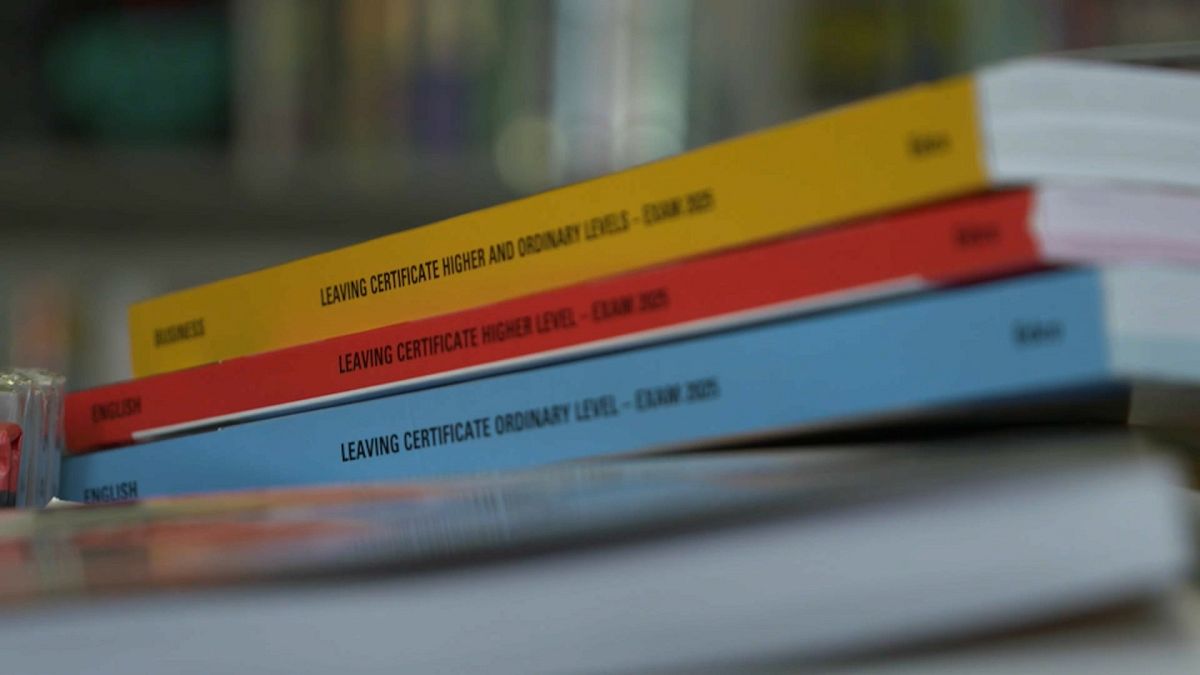As cost-of-living pressures continue to pile up, the Irish government has an ambitious new strategy to ease the pains for parents of young learners: subsidise the cost of school books.
The Irish government is expected to announce that school books will be free for all secondary school students in its 2025 federal budget next month.
This will mean that the provision of books will be free in primary and secondary schools across the country, in a move welcomed by financially stretched parents across the country struggling through a cost-of-living crisis.
The government-funded initiative has been introduced on a phased basis as budgets improve for the education sector. At present, only children in Irish primary schools receive free school books.
According to the Irish government minister of state, Thomas Byrne TD, the new initiative aims to make education as accessible as possible.
"I think the free school books initiative has been really important at primary level and now we’re moving [it] into secondary level," Byrne told Euronews at his party's pre-parliamentary meeting in Killiney County, Dublin.
"I acknowledge that there are significant costs associated with education," he said.
The price of education
Not all accessories are free in the Irish education system.
Uniform costs vary from school to school with many insisting that certain items display the respective institution's identifiable crest, an expense that many parents would rather not pay for.
Some schools don't require uniform, while elsewhere, parents are requested to make voluntary financial contributions towards paying school bills. These contributions can vary from €10 to €200 per annum.
As a result, many parents feel pressured and intimidated to cough-up the cash — a situation that Byrne said is not legally obligatory but optional.
"It's absolutely a discretionary matter, what it says on the tin, voluntary. They are voluntary payments. Parents don’t have to pay them. Schools will argue they are not getting enough funding," he said.
"We have increased the funding to schools and we’re going to increase it again."
Booksellers not on the same page
While free school books may be good news for parents, it's bad news for book sellers. Struggling book shops are no longer selling school books and claim it is affecting business.
Dawn Behan is the chairperson of Bookselling Ireland — a trade body founded to promote retail bookselling — whose business Woodbine Books in Kilcullen County Kildare won the Independent Book store of the Year Award in 2018.
She said free school books are great for financially-stretched parents — but the initiative is negatively affecting her colleagues who are already in competition with devices such as tablets and Kindle for readers.
"Schools have been given the budget depending on their enrolment and they source the books," she said. "So, whereas before, we would have had parents coming in all the time with their children collecting their books all through the summer, now it's turned into a supplier-driven scheme so, the books go directly to the school."
"Footfall has been removed from small local bookshops throughout the country and many outlets have closed," she added.
Meanwhile, the Irish government will fund free school meals for 900 primary schools in 2025 — an initiative expected to expand to more schools in the coming years.












